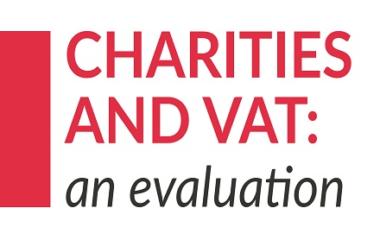The government should introduce a new special charity VAT rate on purchases, after research found that charities are losing almost £2bn in VAT a year.
The Value of VAT Reliefs for the Charity Sector, which was commissioned by the Charity Tax Group (CTG) and conducted by London Economics, found that the current VAT reliefs on purchases of goods and services reduce the tax burden for charities by £800m a year.
After this is taken into account, the VAT levied on charities purchasing services (known as input VAT) stands at around £3.1 billion per year.
However, over half of this, £1.8 billion or 57%, is believed to be irrecoverable, according to the report.
In response to these findings, CTG is calling on the government to introduce a special charity VAT rate on purchases to complement existing reduced and zero rates and the social exemptions.
CTG’s report, Charities and VAT: An Evaluation, says this is “one of the simplest, easiest to administer and most effective ways of resolving the charity VAT problem”.
It says it will be submitting this proposal to the Treasury Select Committee Inquiry on Tax after Coronavirus.
John Hemmings, the chair of CTG, said: “The research is very timely: there are various reviews underway looking at how VAT should operate after Brexit.
"Charities benefit from some important reliefs, but also incur significant irrecoverable VAT. There are both opportunities and risks for the sector as we need to protect the reliefs that we currently have and we also need help with the increasing cost of irrecoverable VAT.
"For too long, VAT has been a burden on charitable activity: we have looked at ways to solve the problem and are proposing the introduction of a special VAT rate for charity purchases.
"This would result in significant VAT savings for all charities and free up funds for essential services.”
Output VAT
The research also looked at output VAT, which is charged on goods and services directly supplied by charities.
It estimated that HMRC collects around £1.7bn a year on this. The “best estimates are that significant amounts of this output VAT are absorbed by charities rather than being charged to their ‘customers’ and therefore is a burden on the charity sector”, the report says.
Rohit Ladher, an associate director at London Economics, said: “As charities face unprecedented challenges (not least due to the ongoing Covid-19 crisis) and opportunities (for example with the UK’s departure from the EU), it is important to remind ourselves of the value generated by charities in the UK.
“While charities benefit from certain tax reliefs and exemptions, this study highlights the significant tax burden they continue to face.”
The research calculated the total tax contribution of the charity sector as £10.12bn a year.
Related articles











